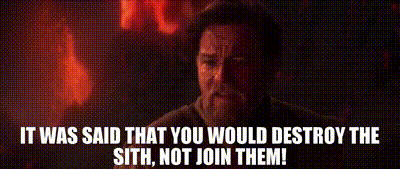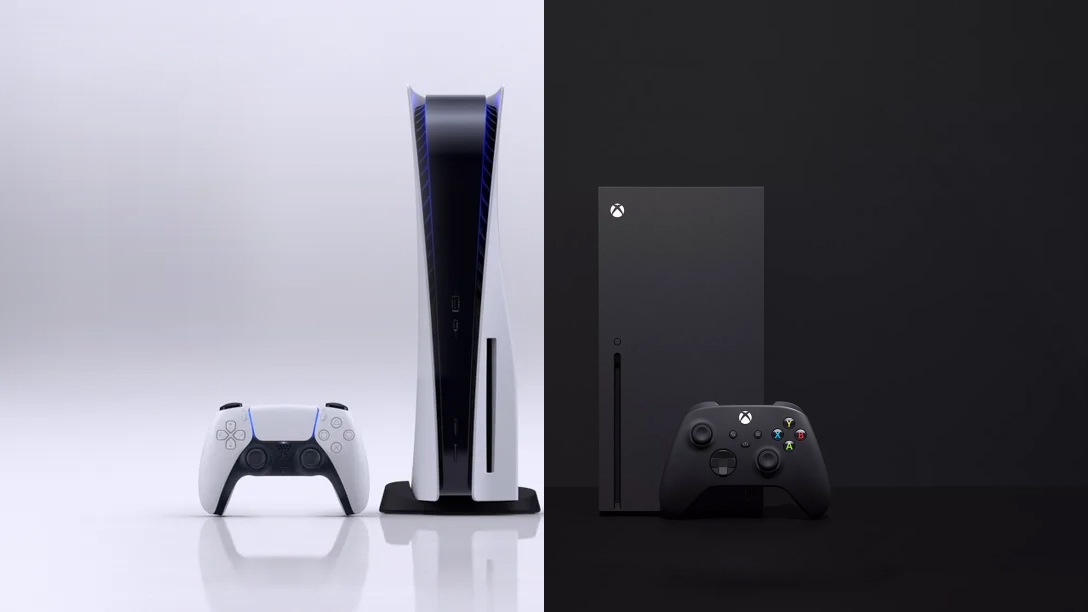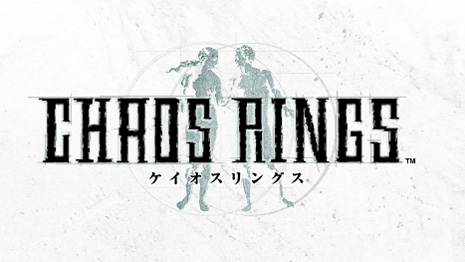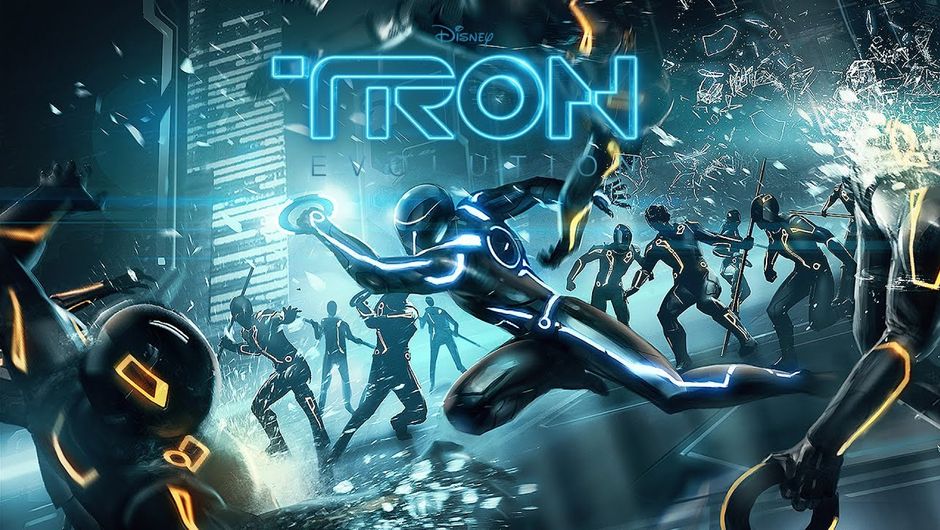Growing up in the 1990s was both a blessing and a curse. The world had never been so creative, so carefree, and so technologically advanced. Hey, don't laugh! We might not have had smartphones, but we had PDAs, and there was more in common than you might think. The internet was new and full of infinite possibilities, and humanity wasted no time beginning to realize its potential. It was an era of wanton discovery and unbridled optimism.
The curse? Being born knowing nothing else, and now bearing the memories of what the world can be in a world which decidedly isn't... and likely never will be again.
Oh, the internet changed the world every bit as much as we thought it would. It just didn't change it in the way we hoped.
The internet was at its best as a subculture; a mere utility to the masses, but a lifestyle for some. There is a reason early portrayals of the internet like those in 1999's The Matrix correlated computer literacy with underground clubs and secret societies. It was the forbidden language that transcended laws, borders, and the suppressive nature of corporate society. These days, we'd call it "decentralized"—but it wasn't trying to be. The internet simply existed in a perfect equilibrium where the only people on it intuitively understood and abided by an unspoken Bill of Rights.
But anything decentralized will eventually tend towards centralization. It is only a matter of time, and time was something us '90s kids hadn't yet had enough of to understand. It seemed the world had always worked this way and always would.
Spoiler alert: it didn't.
Companies like Facebook, Amazon, Apple, Netflix, and Google were success stories we all cheered on at first. Sticking it to the man with new, competitive services that made real money on the internet? Take that, corporate giants! This was the people's internet, where no one controlled us!
Oh, the irony.

I shouldn't need to recount how that turned out. Today, said companies are the corporate giants, and they even have a collective acronym like a proper dystopia. Nice.
Of course, the centralization of the internet under FAANG (now MAANG) is not a new topic. Facebook in particular generated controversy nearly from the very beginning. What's shocking today is not the controversy, no: it's the way the tide has shifted in a way I never thought possible.
In a way, it was the centralization of the internet that woke many of us up to the importance of decentralization. And indeed, many efforts have been made to reclaim some of that former glory. To date, none have succeeded, and none ever will. That's not pessimism. The problem with enforced decentralization—and the reason every attempt at it has failed—is that decentralization by definition cannot be enforced by a single group. Otherwise, you just have a new form of centralization, or if you are especially successful, one new fringe standard among many too splintered to make an impact on the greater whole.

However, while decentralization makes a poor movement, its spirit managed to live on long after the internet as we knew it was already dead. And that was good: it kept the internet in check, never quite straying too far from that unspoken Bill of Rights. Now, I could have believed that one day it would be rewritten by the new corporate society at the top. What I didn't expect is that it would be abolished by the people themselves. But that's exactly where we are today.
The final nail in the internet's coffin was hammered in the US by the polarizing effect of the Trump administration beginning in 2016. In the years following, a new movement crept into the web: not to disrupt the corporate structure, but to solidify its rule as a means of mitigating dissent. Rather than question companies' data practices, the popular argument these days is to defend them. When someone posts something online that someone else doesn't like, it's a convenient appeal to authority to simply have the other voice removed. And why not? These are private companies. They can do what they want, right?
Wrong.
The question of moderation rights has quickly replaced decentralization as the hot-topic moral crusade of our time, and almost unbelievably, the people have sided with the corporations. However, peace by elimination of dissent is a practice tried throughout history with unanimously disastrous results. Newfangled though it may be, the internet will fair no differently, repeating it. Silencing dissent, after all, is all well and good until you become the dissenter. (And if you live long enough, you will.)
But... should companies have the right to moderate (read: remove) content from their sites they disagree with? Or should free speech be absolute, and companies legally prevented from removing disagreeable content altogether?
Honestly, the fact this is even a debate bewilders me. They say the internet never forgets, but it's downright amnesiac to so quickly forget what we used to stand for as netizens. In context, that's not to suggest decentralization itself is the answer, but I do believe it is the key to finding one.
The fact of the matter is: absolute moderation vs absolute freedom of speech is a false dichotomy (as if these were the only options). But more importantly, it's a distraction from the real issue at hand: who owns your data?
There was a time not long ago when the answer was obvious, and almost universally agreed upon: you own your data, even when it's stored on company servers. Only the companies themselves disagreed with this concept, and for good reason: your data (i.e. you) is a profitable product, especially when ethics are sparingly applied. And so, as data ownership and privacy concerns have mounted, they've done everything in their power to appease, deflect, and massage the issue away without any real change of heart. Big Tech claim to be "publishers", and therefore maintain "editorial" rights over your data—such as the posts you submit and the comments you make on their services. Say something they don't like, and they can remove you without warning, explanation, or appeal. And—so long as it happens to the other guy—we eat it up.
But if you own your data, then none of this is correct. Big Tech are not publishers, they are data stewards. While they do have the right to determine what types of content they will allow on their services, they also have an obligation to the users who own it. Unsolicited removal of data is destruction of personal property. At the very least, you have a right to know why your data was removed. Specifically, as a violation of terms of a user agreement, not nebulous moral concepts just open enough to interpretation to apply as desired. Furthermore, you have a right to appeal any decision, as an erroneous removal would constitute a breach of said agreement on the company's part. They could potentially owe you damages in court!
Companies do not want this. Because, at the end of the day, allowable content is not based on moral principles, it's based on what's profitable. If a company is willing to alienate one user, it's because they believe another is more valuable to them. That's it. Web "services" are not services, they're businesses. And that's fine! There's nothing wrong with running an honest business for honest profit. But businesses are businesses, and should be operated as such—with all the responsibilities that entails.
Moderation vs free speech is not the issue. The issue is that moderation is a two-way street. It is your right as a data owner to moderate the moderators. This is not controversial; it's only the same level of consumer protection already offered in every other industry.
Don't be lulled by redefined terminology and false dichotomies engineered to deflect attention away from ulterior motives. Remember where the internet came from and why it mattered. Big Tech does... and that's exactly what they're afraid of.








